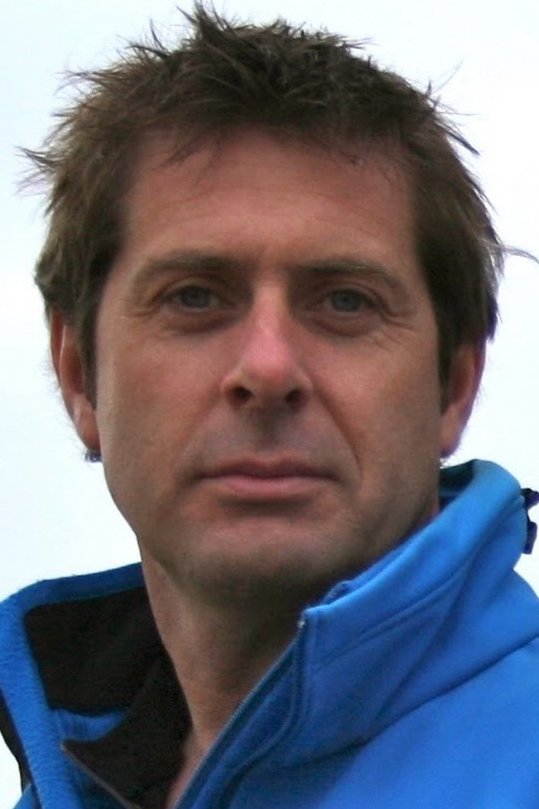

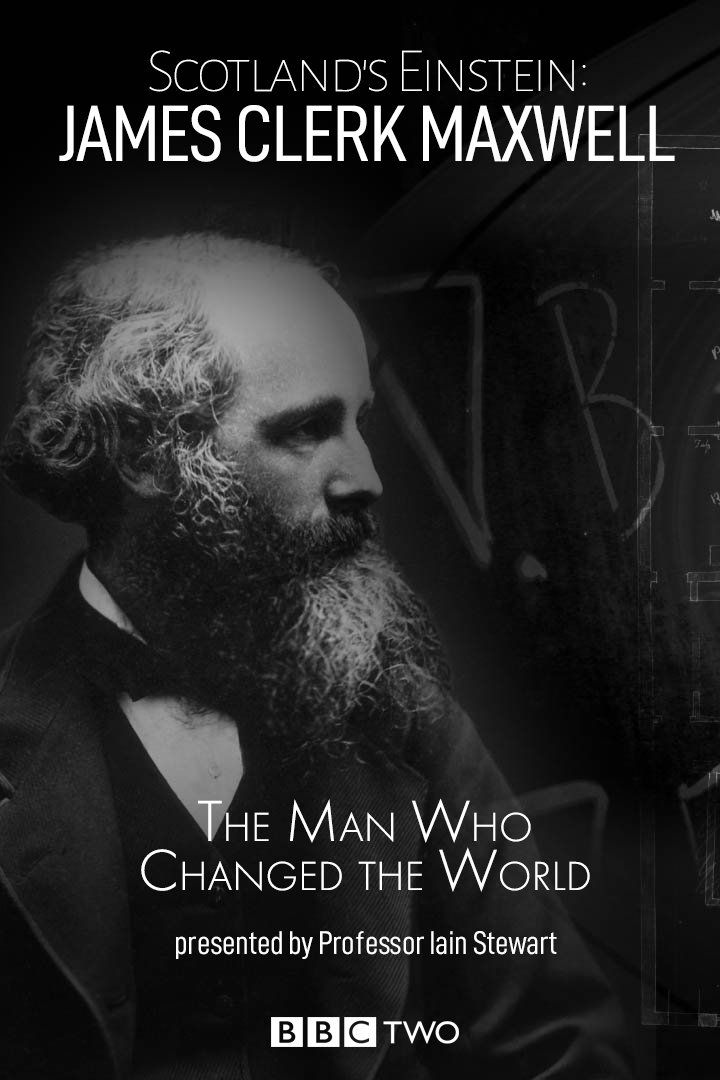
Professor Iain Stewart reveals the story behind the Scottish physicist...
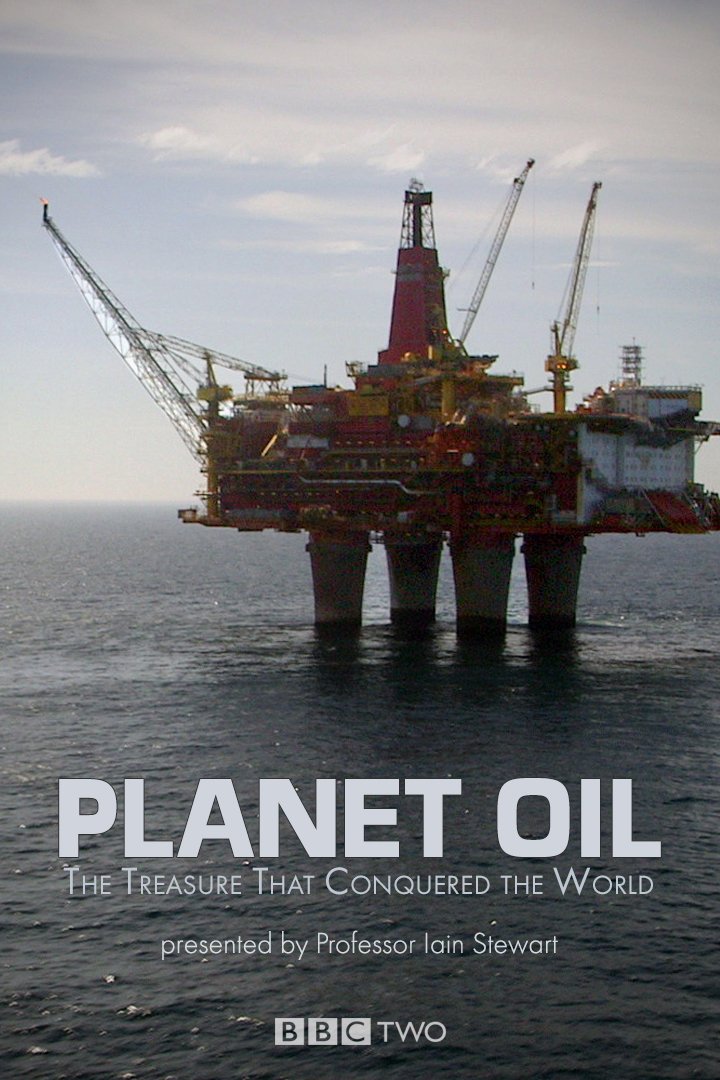
An excellent narration of oil industry since early days to...
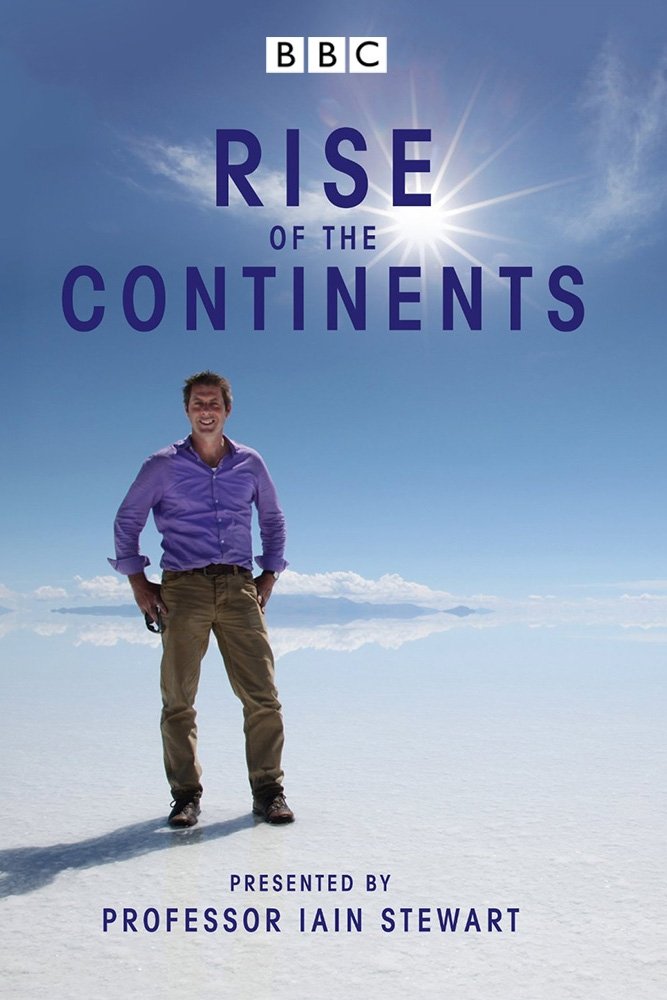
The Earth’s continents are instantly recognizable. These iconic landmasses seem...
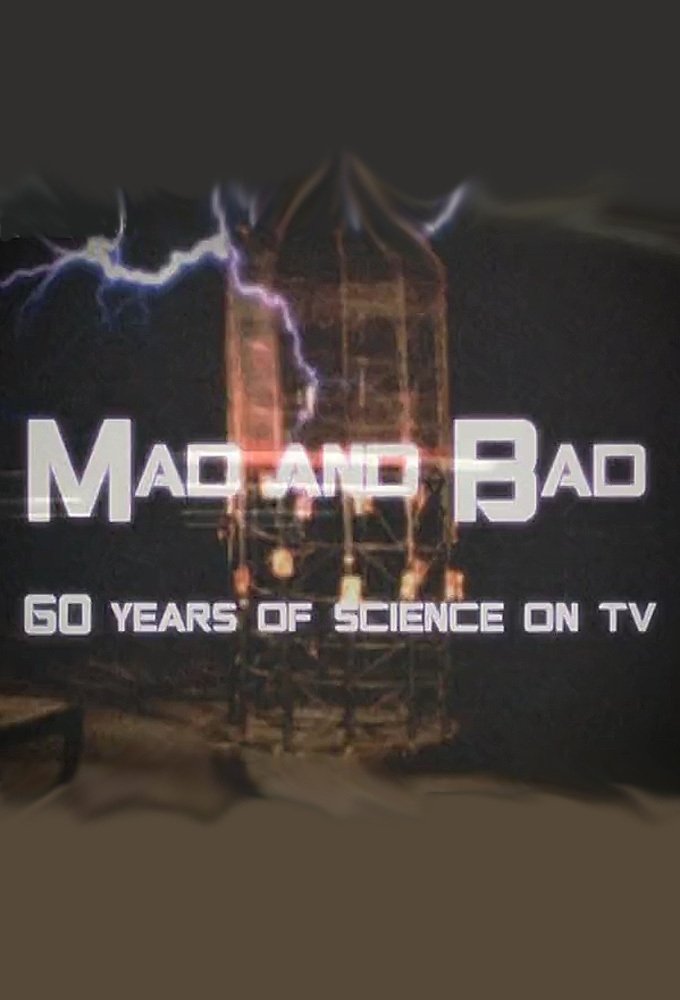
From Raymond Baxter live on Tomorrow's World testing a new-fangled...